Study the nervous system and its interactions with other physiological systems in the body. Through courses and independent research, examine the cellular and biochemical activity of the brain that drives cognition and behavior, and how experiences alter the brain to result in learning, emotional responses, and psychiatric disease. You will be trained in a myriad of research and clinically relevant fields.
Student Research
If you are interested in neurobiology, work with Dr. Cassella and learn how psychosocial stressors can influence everything from an individual’s emotional state to their physiology, to their immune function. She is currently working with students on two main projects: investigating how prenatal or adult chronic stress influences anxiety-like behavior, stress physiology, and inflammatory biology.
Loras houses a rodent research colony to facilitate student research projects. The rodent research colony is designed to investigate the central nervous system functioning and behavioral observation techniques. In addition to serving as a research resource, the rodent colony is also utilized as an educational resource to expose students to various testing paradigms in the classroom.
If you are interested in cognition, work with Dr. Kurczek. His research investigates the interactions and interdependencies among numerous cognitive processes, including language and memory within social contexts. The goals of the lab are to understand how these cognitive processes interact with one another to develop interventions in language to help support and improve memory and social interaction. His lab draws from multiple disciplinary and theoretical stances and utilizes converging methodologies to holistically probe the interactions amongst cognitive processes.
Explore Internships & Careers
Internship opportunities offer real-world experiences. You can complete internships for academic credit or non-credit. Many students choose to complete both.
Students are encouraged to pursue opportunities through The National Science Foundation and National Institutes of Health summer research experiences for undergraduates at various colleges and universities throughout the country.
Many of our students have completed Summer Research Experiences at the University of Iowa.
Neuroscience is a growing and highly competitive field. Those interested in pursuing specialized training will leave campus well-prepared for graduate or medical school in several related disciplines.
- Behavioral Science Researcher for a variety of companies/agencies
- Laboratory Technician at a large research institution – public or private
- Scientific Educator/Communicator for public education or research agencies OR private tech or pharmaceutical companies
- Research Scientist in variety of biological fields
Course Highlights
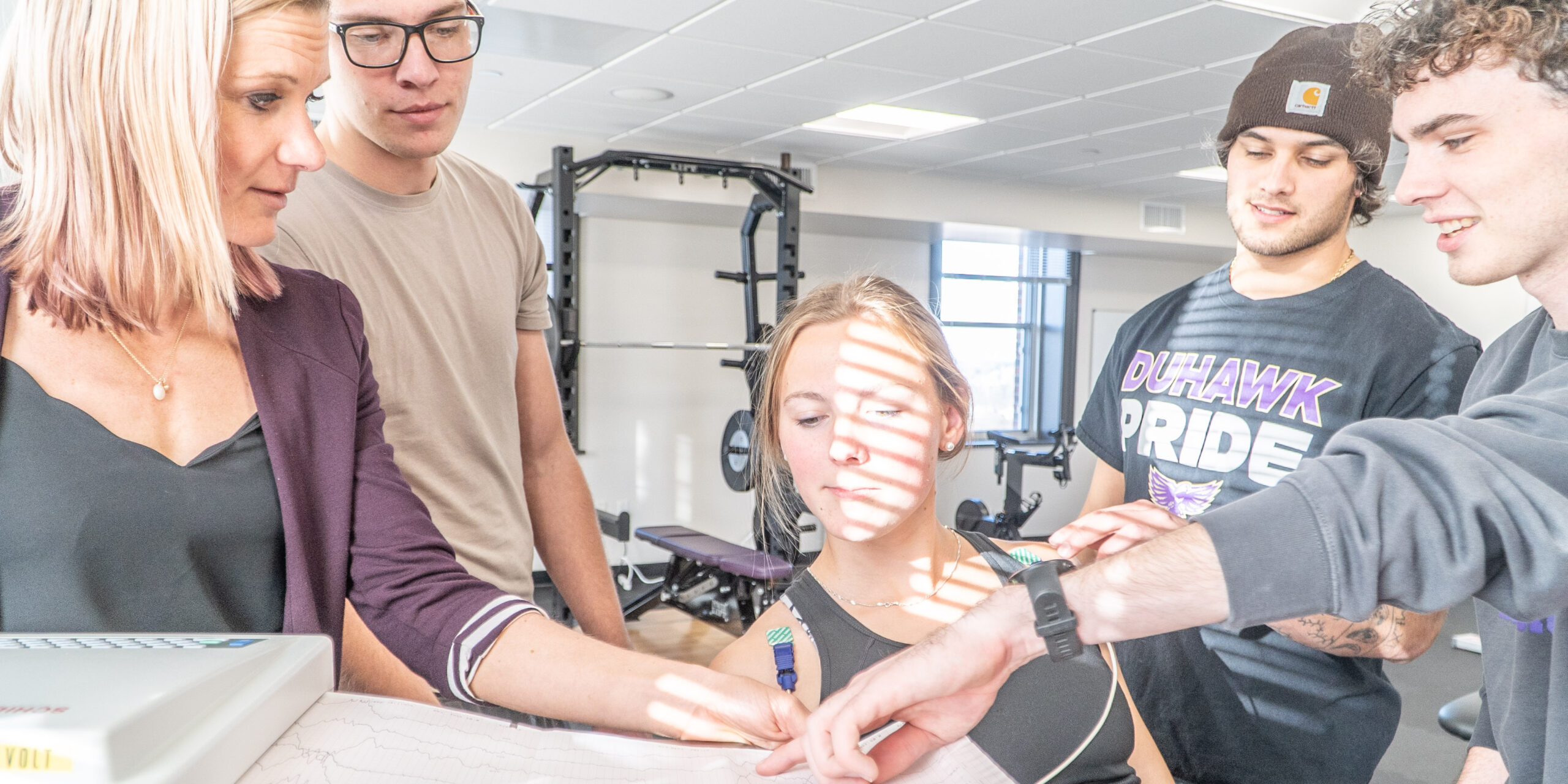
School of Science & Health
Majors & Minors
graduate degree Opportunities
Loras offers a variety of graduate, dual degree, and accelerated pathways designed for high-achieving students to earn both their undergraduate and graduate degrees efficiently and economically.
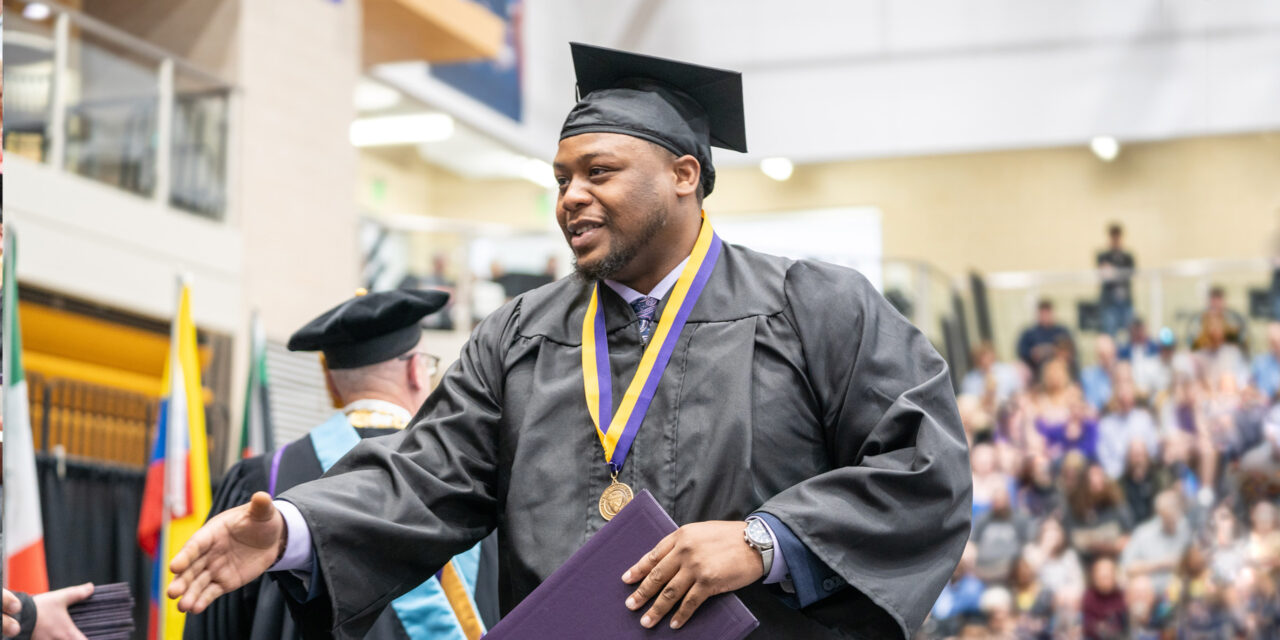
Clubs & Orgs
We have a variety of opportunities for you to get involved from the moment you set foot on campus.
Neuroscience Club
Nu Rho Psi Honors Society
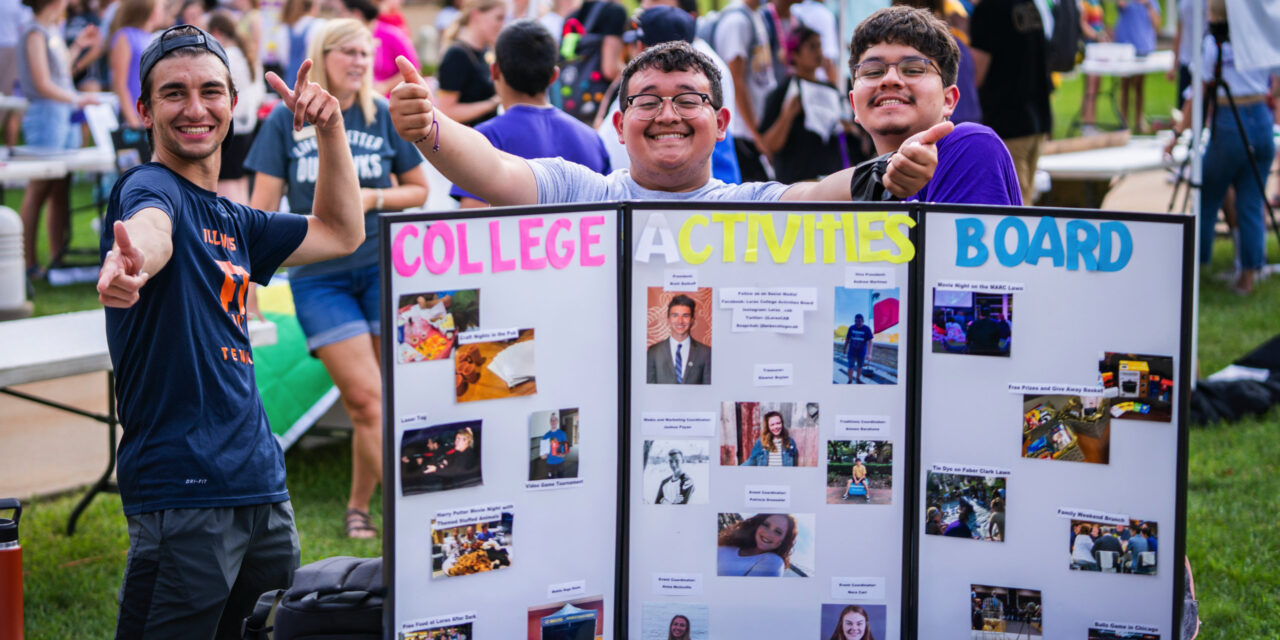
Straight Talk from a Duhawk
I enjoy the research opportunities and journal presentations the most. It is a great atmosphere and I’ve met many close friends at Loras. The professors care a lot about the students and are always available to help with homework, research, and even life path advice.
— Hannah (’23)
Meet Your Professors
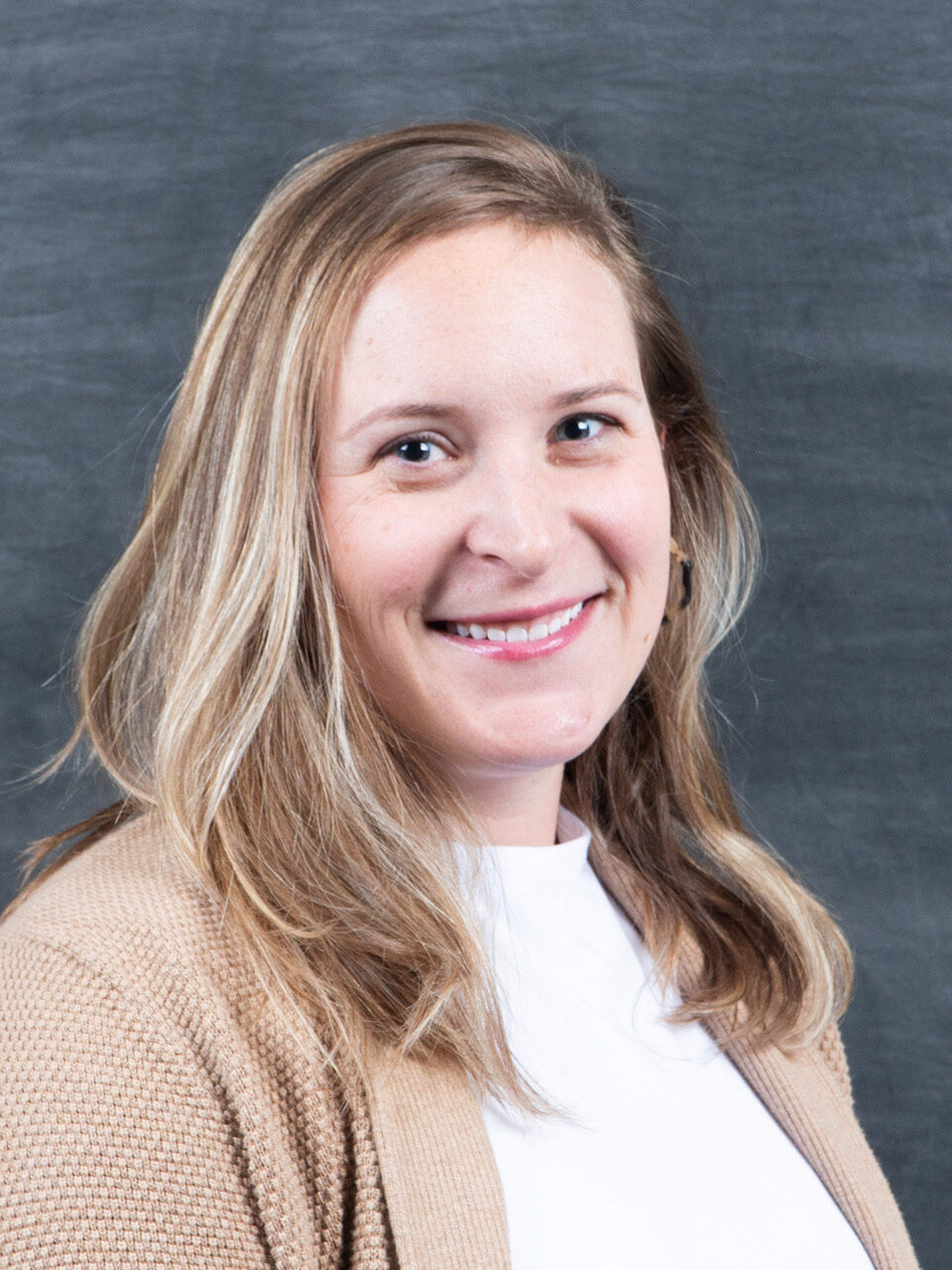
Sarah Cassella PhD
Associate Professor of Neuroscience

Jake Kurczek PhD
Associate Professor of Psychology and Neuroscience
Neuroscience News
-

McElroy Fellowship to Doss ’23 to Pursue Graduate Degree
Loras College graduate, Madison Doss (’23) was selected as one of two recipients of the forty-first annual graduate fellowships granted by the McElroy Trust. Doss completed a double major in engineering and neuroscience with a minor in mathematics. More
-
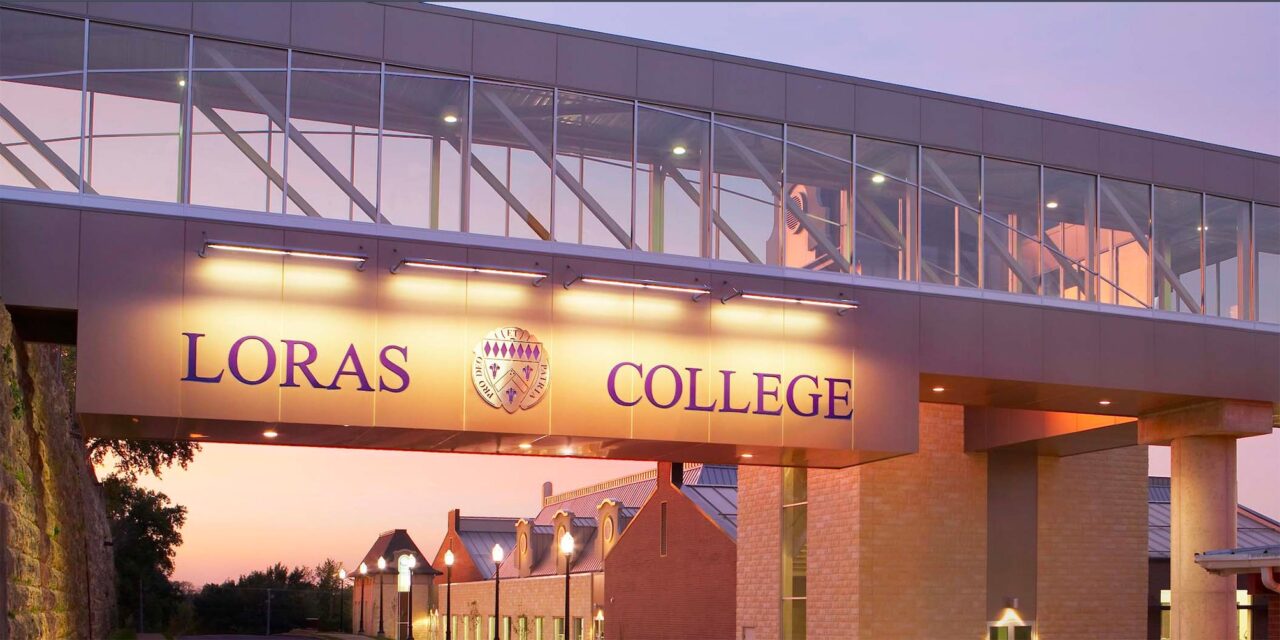
IPTC Grant to Benefit Community College Transfers to Iowa Private Colleges, Universities
Find a more transparent, cost-effective, and coordinated transfer process thanks to a three-year grant More
-
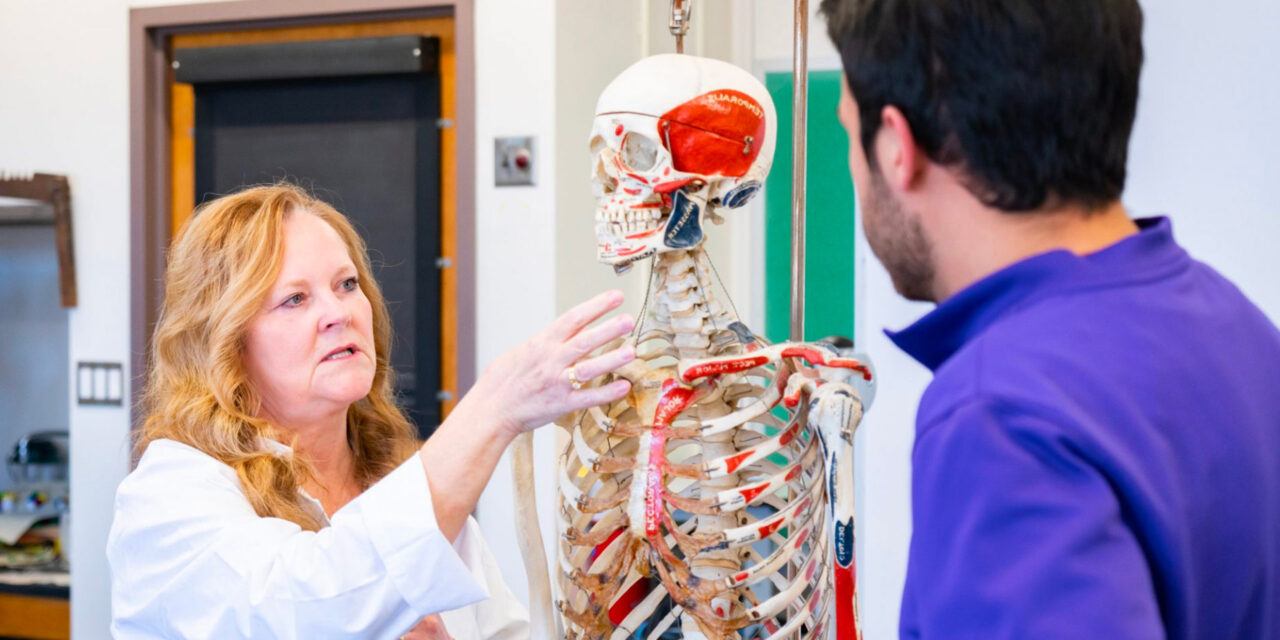
Growth Through Partnerships: Loras College, St Ambrose Announce Five Articulation Agreements
Loras College and St. Ambrose University (SAU) signed five new articulation agreements on Thursday to expand the growing partnership between the two schools. The agreements will see students earning undergraduate degrees at one school and a master’s or doctorate degree at the other. More

